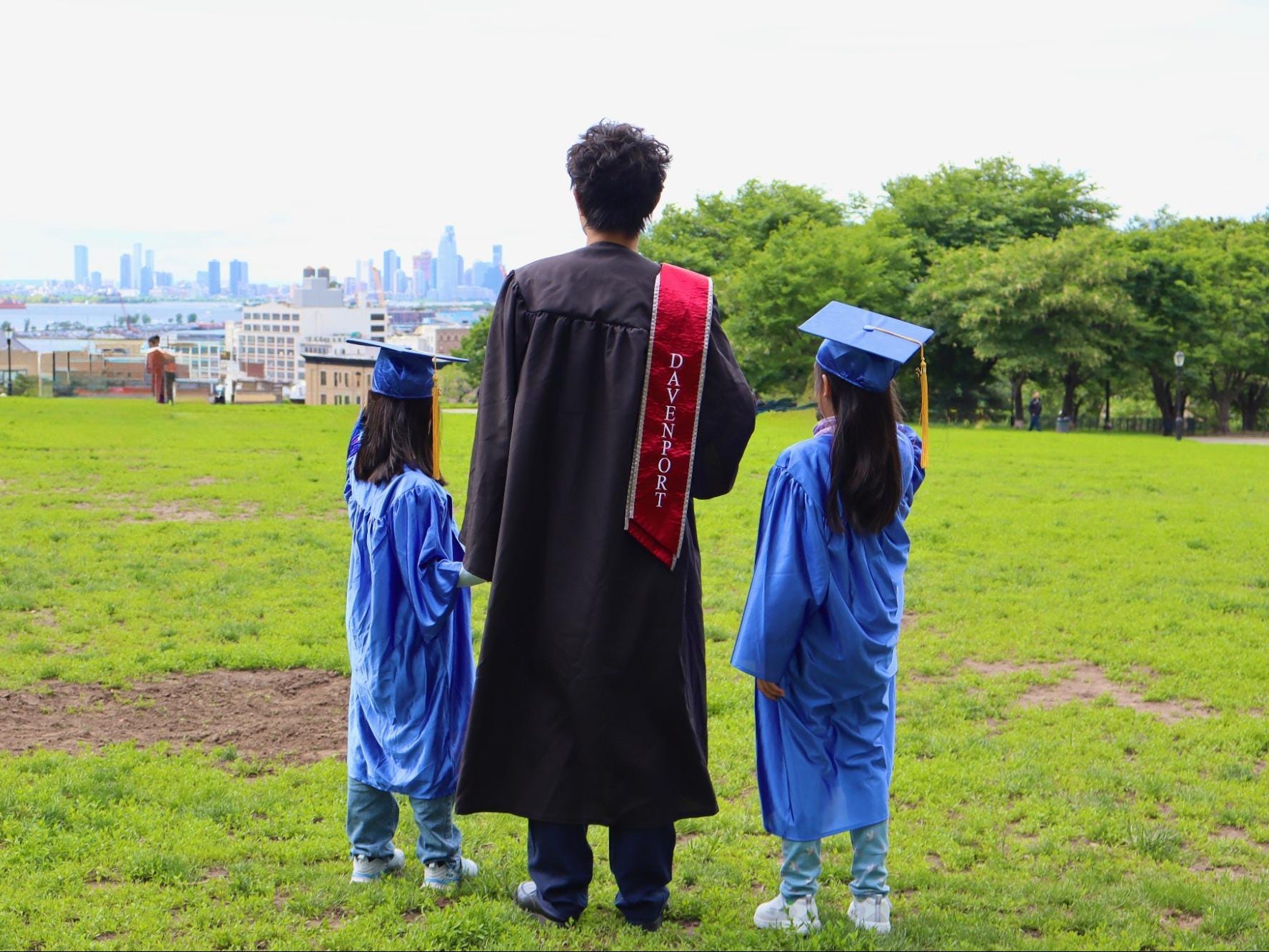Returning to my childhood neighborhood after graduating from Yale was more jarring than I ever anticipated. I had spent four years immersed in the privilege of an Ivy League campus, surrounded by resources and opportunities that felt almost limitless. But just as quickly as it began, that chapter ended. In May, I found myself back in the same Brooklyn apartment where I grew up — a low-income rental building filled with familiar faces, shared meals, and little privacy.
Growing up, my life was anything but quiet. Our building wasn’t like the dorms at Yale — what looked like a modest two- or three-family home on the outside housed multiple families across its floors. Life unfolded communally: neighbors became extended family, stories were traded over dinner, and laughter echoed through tight hallways. There was a Vietnam War veteran who lived downstairs, four kids who played tag in the stairwell, and a woman who could crochet intricate blankets while telling tales of her youth. These were the people who shaped my early years — many of them struggling financially, all of them rich in spirit.
The contrast between that world and Yale couldn’t have been starker. At college, I finally had my own room — something I used to dream about as a child. The dorms were clean, spacious, and full of students driven by ambition and opportunity. But when I graduated, that bubble burst. I stepped out of a world of privilege and into one of economic hardship once again.
Coming home didn’t feel like a celebration. It felt like a crash landing. The first person I saw upon returning was a 10-year-old girl who had grown up in the same building. I consider her like a younger sister. She greeted me with flowers — a late graduation gift — and later that evening, we took the N train to Coney Island, her favorite place in the city.
We stopped for gelato at Coney’s Cones. As she stood on her tiptoes, scanning the menu, I made a mental note to buy her glasses — something she clearly needed. I whispered, “Don’t worry about the price. Get whatever you want.” That night, as we sat eating our desserts, she told me school was going okay — math was fun, writing not so much. The stairs still smelled like cigarettes, but at least the neighbor’s cat came by to play sometimes.
Then she said something that caught me off guard: “It’s kind of lonely without you here.”
I wanted to explain that leaving for college wasn’t about abandoning her. I wanted to reassure her that I’d always be around. But words failed me. All I could do was reach for her hand and lead her toward the Ferris wheel line.
That moment reminded me of a painful truth: relationships formed in places like ours are often bittersweet. Everyone hopes to escape poverty, even if it means saying goodbye. And yet, I know firsthand that education doesn’t automatically bring stability — especially for first-generation graduates. We carry the weight of family expectations, financial burdens, and the pressure to succeed without a safety net.
Still, my time at Yale gave me something invaluable — a chance. A foundation to build a better future for myself and those I love. But many of my neighbors remain stuck in cycles of poverty, domestic struggles, and systemic inequality. The pandemic only deepened those divides.
College was never the finish line. It was the start of a far more complex journey — one where I must balance ambition with memory, privilege with purpose, and personal success with a commitment to lifting others up.
As the Ferris wheel climbed higher, my young friend showed me a plush purse filled with coins. She earned it doing chores for her mom and neighbors. “Wow, you’re rich,” I joked.
We laughed, the sun setting behind us. The waves rolled in below, and I wondered how many more moments like this we would share before life pulled us in different directions again. This time, I vowed not to let that happen.







